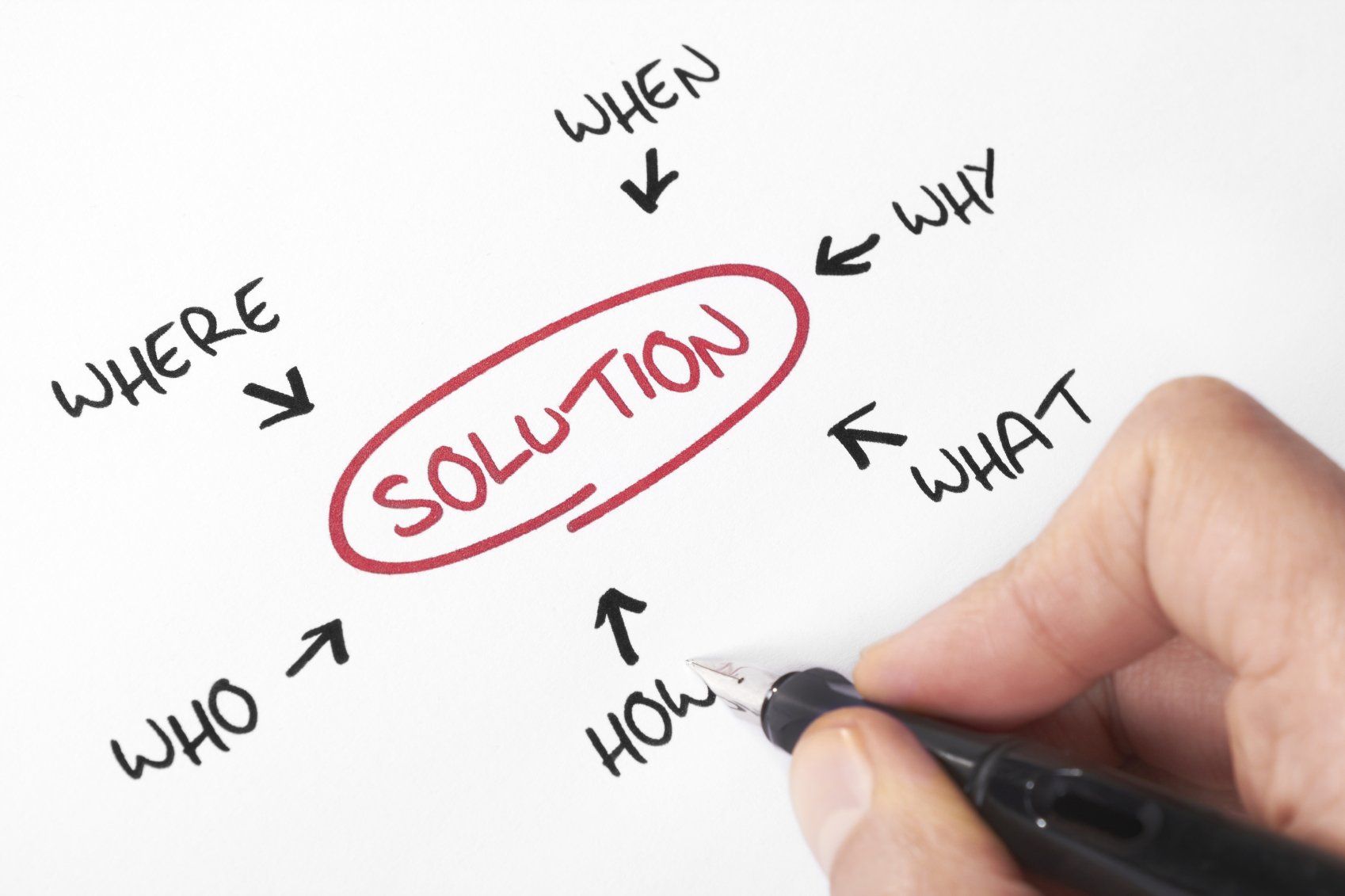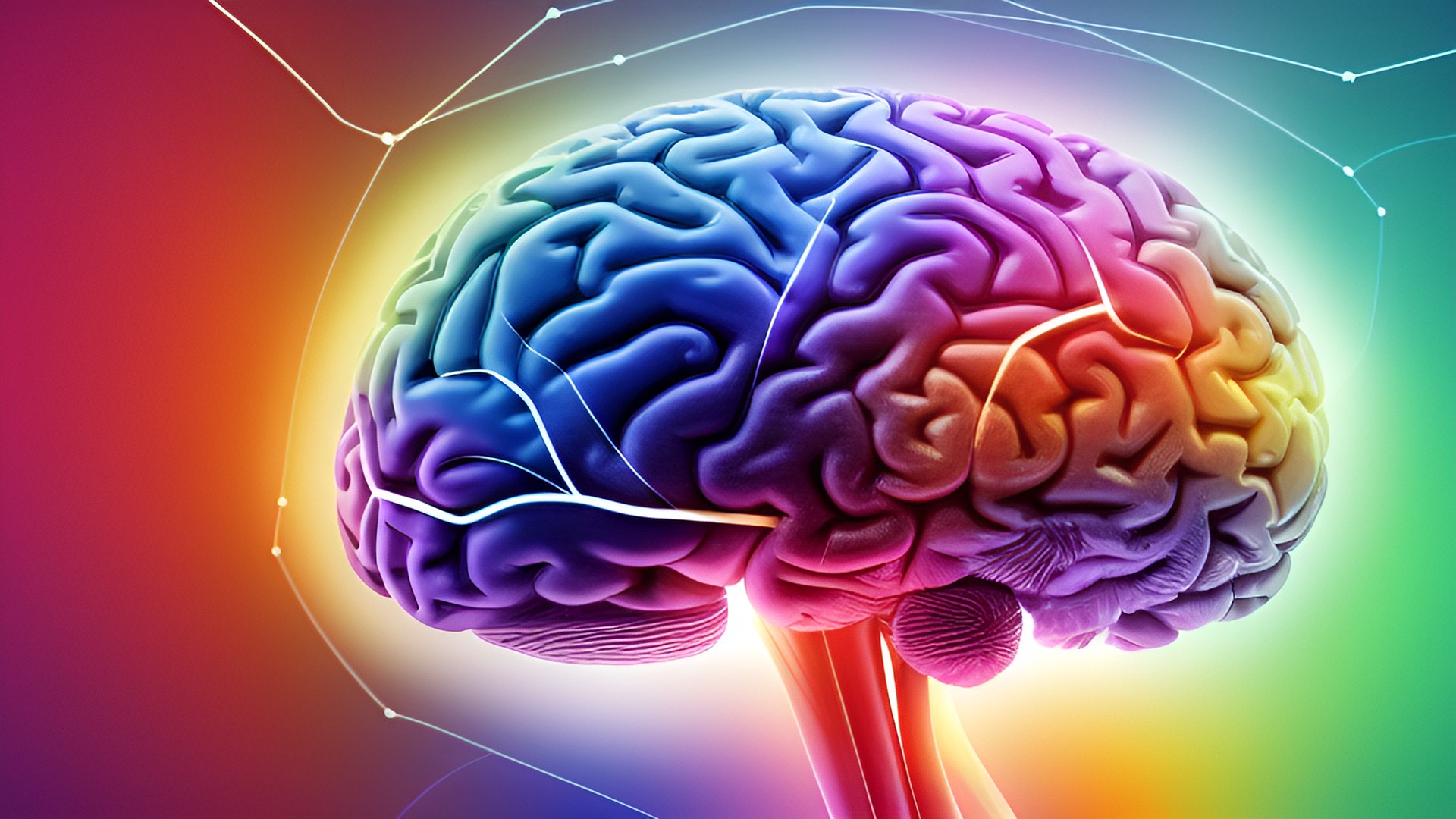Embracing the Buzz: Navigating Life with ADHD
What is ADHD and How Does it Affect the Life of an Adult?

What are the reasons for ADHD?
The exact cause of ADHD is not fully understood, but it is believed to be a combination of genetic, environmental, and neurological factors. Research has shown that individuals with a family history of ADHD are more likely to develop the disorder themselves.

How to live with ADHD
Living with ADHD can be challenging, but some strategies can help individuals manage their symptoms
and improve their quality of life.
Some tips for living with ADHD include:
- Establishing routines and sticking to them
- Breaking tasks into smaller, more manageable steps
- Using tools such as planners or apps to help stay organized
- Seeking support from a therapist or support group
- Practicing mindfulness and relaxation techniques
Alternative ways to deal with ADHD
In addition to traditional treatments such as medication and therapy, there are alternative ways to deal with ADHD that may be helpful for some individuals. These can include:
- Exercise: Regular physical activity can help improve focus and reduce hyperactivity
- Dietary changes: Some research suggests that certain foods and supplements may help manage ADHD symptoms
- Mind-body practices: Techniques such as yoga or meditation can help reduce stress and improve
focus
- Cognitive-behavioral therapy: This type of therapy can teach individuals how to better manage their thoughts and behaviors
- Microdosing: Folks with ADHD report a better focus and organizational capacity during and after following a psilocybin micro-dosing protocol

How to train our focus capacities?
Training focus capacities can be a key component of managing ADHD symptoms.
Some strategies for improving focus include:
- Setting specific, achievable goals
- Practicing mindfulness and meditation
- Limiting distractions, such as turning off notifications on electronic devices
- Breaking tasks into smaller, more manageable steps
- Using visual aids or timers to help stay on track
So ADHD can have a significant impact on the lives of adults, but by accepting it, and following the right strategies and support, one can learn to manage the symptoms and lead fulfilling lives.
By understanding the challenges of ADHD and implementing effective coping mechanisms, adults and even kids can thrive and achieve their full potential.
Want some inbox love?
Join my mailing list!




















